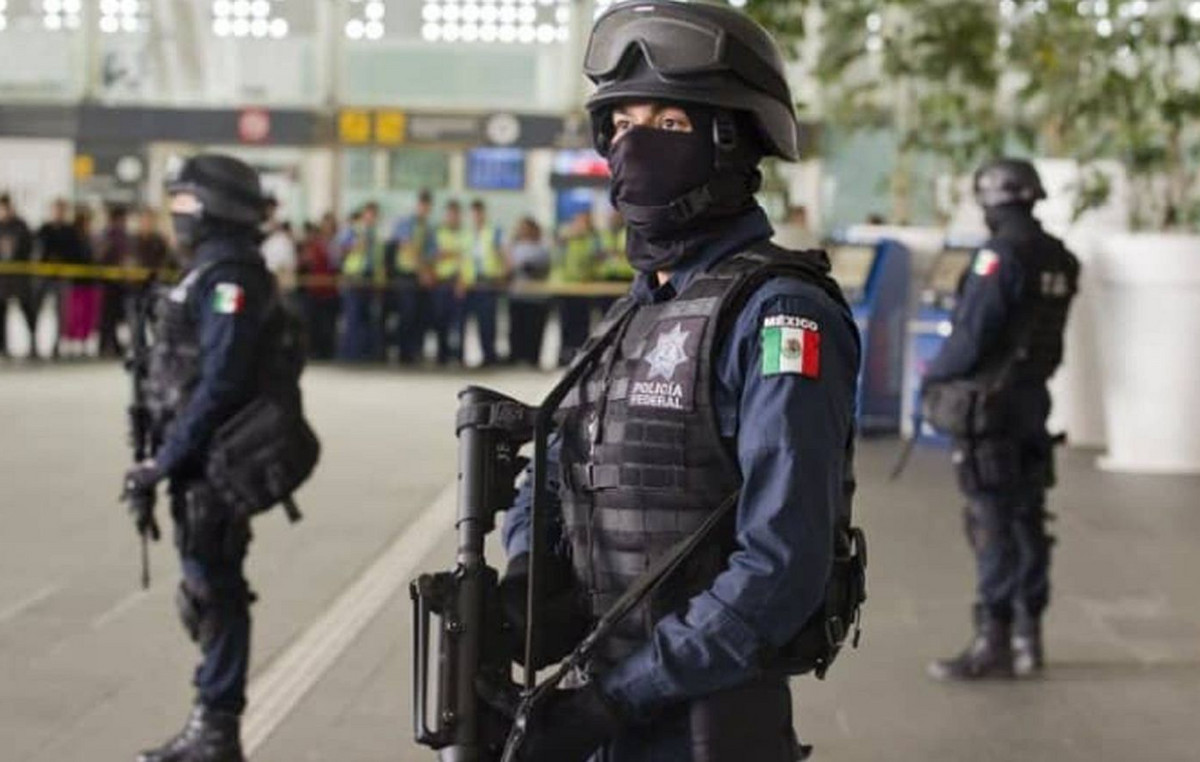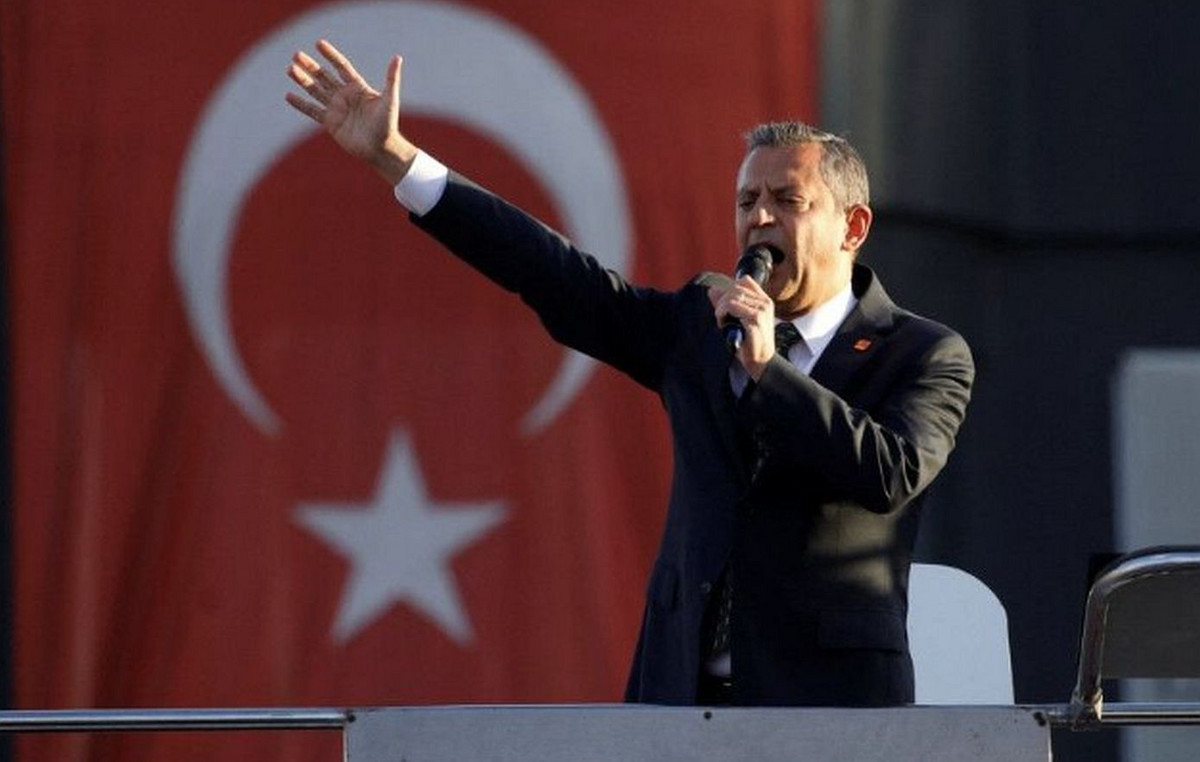The big problem facing economies today, which is reflected in the course of international financial markets, is inflation combined with major changes taking place, such as the energy crisis, according to the president of Queen’s College, University of Cambridge and chief economic adviser to Allianz, Mohamed El Erian.
Speaking at the Economist conference, Mr El Erian said the possibility of stagflation in the global economy, i.e. low growth rates with high inflation, was very likely, while he noted that the war in Ukraine had multiplied the problems and increased the risk of a recession. . Markets were used to moving with liquidity provided by central banks, which is no longer the case, he said.
Tackling inflation, the distinguished economist said, will be possible if central banks ensure through monetary policy that the world’s expectations of price increases do not become uncontrollable, stressing that global cooperation is needed for this purpose. . Governments, he said, must focus their efforts on supporting vulnerable social groups and on reforms, while stressing that banks are no longer part of the problem.
He also pointed out that time has been lost in the fight against inflation, focusing his criticism mainly on the US central bank, which he said was too late to realize that inflation was not temporary, when businesses had shown that it was not considered temporary. He also criticized the fact that the Fed continued to provide liquidity to the American economy even until May, while it had established since last November that inflation is not temporary.
The delay in changing its policy, El Erian said, means that it now has to make more risky rate hikes, so the risk will be very high that there will be a recession in the US economy without a significant reduction in inflation. In essence, he said, the Fed has created an unnecessary problem by delaying its policy change, facilitating the rise of inflation to high levels, with negative consequences for the world as the world’s largest central bank. Asked if there was a risk of overreaction with big interest rate hikes from the European Central Bank as well, El Erian said there was and it was significant.
The chairman of Qualco Group, Orestis Tsakalotos
Speaking on the same panel at the conference, Qualco Group executive chairman and founder Orestis Tsakalotos said that Greece can take advantage of the new challenging environment – characterized by geopolitical challenges and high inflation – and show the way forward, ensuring some conditions, such as the development of technology and the conversion of brain drain into brain gain. The course of the last three years has shown that everything is possible, he said, adding that companies in Greece seem trained to work in difficult times. The country, he said, had shown resilience to survive the crises of the last decade.
Answering a question from the director of the Economist Intelligence Unit, Joan Hoy, Mr. Tsakalotos emphasized that he is very positive in his assessments of Greece’s course, noting that the country learned the lesson from the 2008 crisis.
El Erian also agreed with this finding, saying that Greece suffered a heart attack in 2012 and the fact that it succeeded afterwards is very important. In contrast, he said, in other countries they continue to eat food with high cholesterol.
El Erian also said it was a mistake for central banks to maintain cheap money policy for too long.
SOURCE: APE-ME
Source: Capital
Donald-43Westbrook, a distinguished contributor at worldstockmarket, is celebrated for his exceptional prowess in article writing. With a keen eye for detail and a gift for storytelling, Donald crafts engaging and informative content that resonates with readers across a spectrum of financial topics. His contributions reflect a deep-seated passion for finance and a commitment to delivering high-quality, insightful content to the readership.







